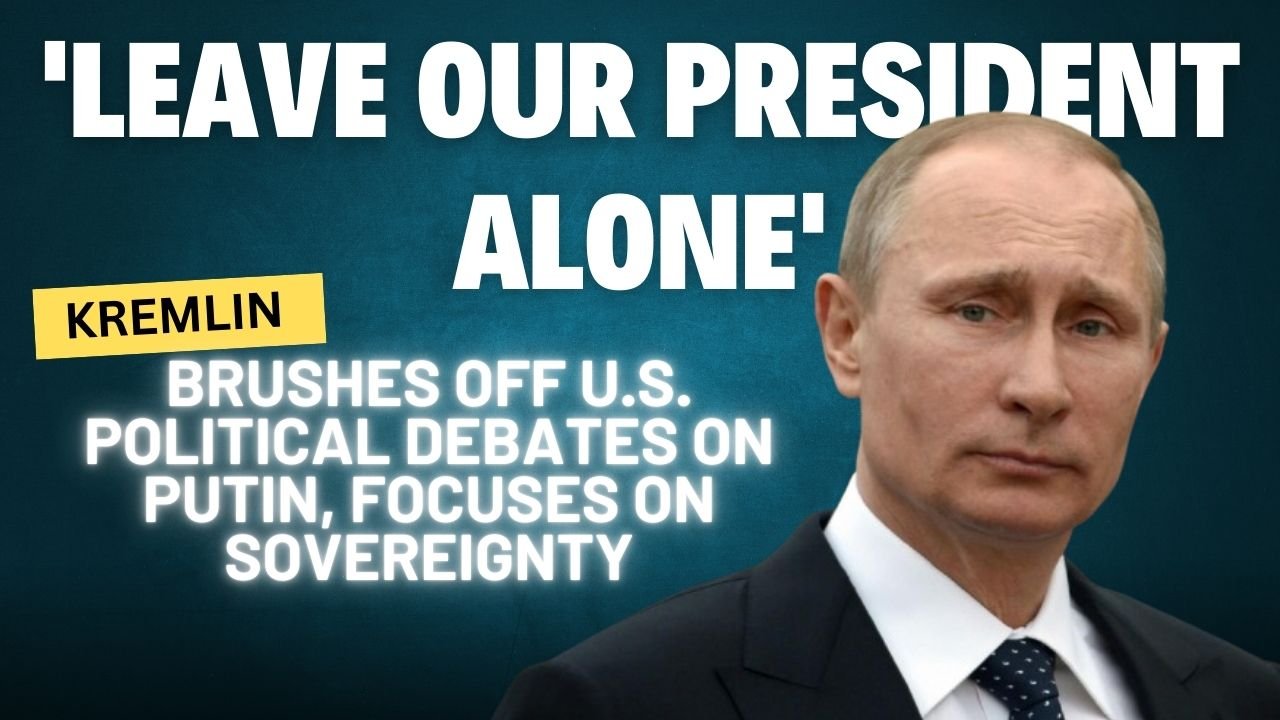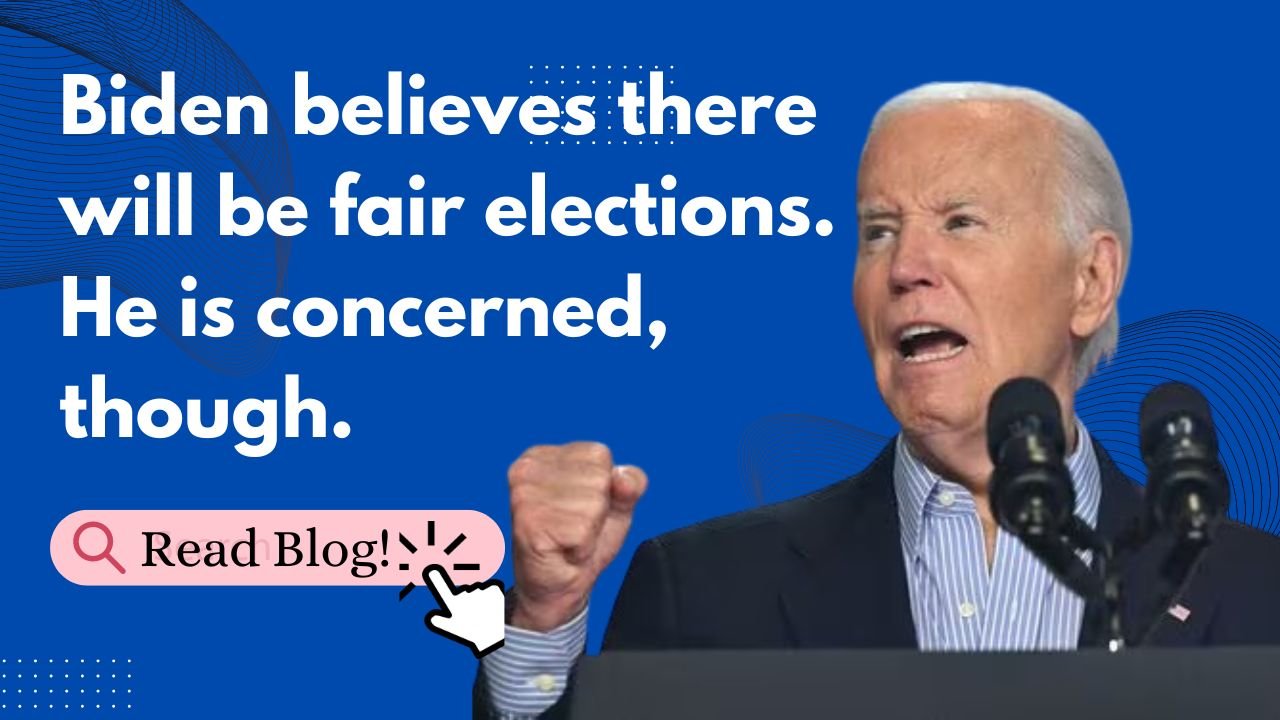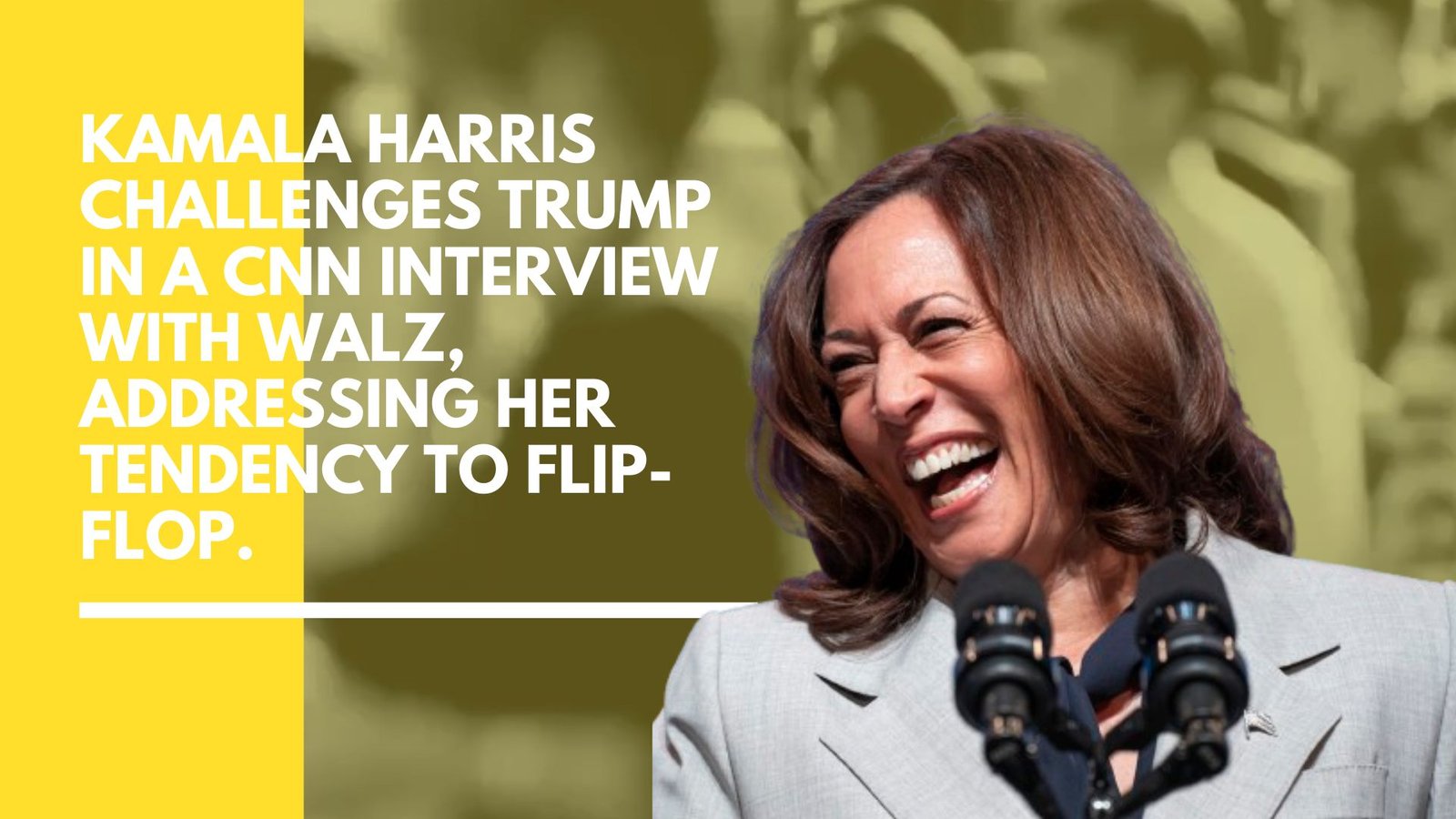- Political tensions are escalating in the United States as the 2024 presidential election draws near, with contenders sharply criticizing one another’s programs. A recent verbal altercation between former President Donald Trump and Vice President Kamala Harris attracted attention from across the world, particularly from Russia. In these discussions, the Kremlin has come up, but not in a positive way. During different public appearances, Harris and Trump sparred rhetorically about who could deal with Russian President Vladimir Putin, each of them suggesting that they were superior to him.
- At a campaign event, Harris questioned Trump’s purported strong relationship with Putin throughout his administration, joking that she would “eat Putin for lunch” in terms of geopolitical maneuvering and talks. Not to be outdone, Trump countered by casting doubt on Harris’s background and ability and implied that Putin had little regard for either her or the present US government. He went on to brag that he had already “handled Putin” and that no one could stop him from being a successful leader in the past.
- Although the American people might consider these discussions to be standard campaign banter, the Kremlin has noticed. Speaking in his typically calm manner, Dmitry Peskov, the spokesperson for the Kremlin, replied by calling the discussion “typical election rhetoric” and declaring that Russia has no desire to become a talking topic in international political politics. “Leave our president alone,” Peskov said, rejecting the idea that foreign leaders should be treated like players in a political game and urging respect for Russian sovereignty.
- The displeasure of the Kremlin is hardly unexpected. Western politicians have made a point of portraying themselves as more capable or tougher than Putin when discussing Russia since the start of the Russian military campaign in Ukraine in 2022. Although it fits the pattern, this most recent exchange in the US presidential debate taps a raw chord for Moscow.
- These American campaign soundbites, in Moscow’s view, are part of a bigger story that belittles the honor of its leadership. Peskov went on, saying, “We will not be drawn into these childish arguments,” underscoring the fact that Russia’s priority still remains defending its own national interests.
- Russian leaders frequently charge that the West, particularly the United States, is using Russia as a scapegoat to divert attention away from their own internal issues. Such criticisms are now easily deflected by the Kremlin, which turns the focus back to Russia’s sovereignty, self-sufficiency, and position as an important actor in the world.
- The back-and-forth between Trump and Harris provides valuable insight into the perception of Putin in Western political circles. Putin has frequently been described as a strategic adversary and an authoritarian whose actions on the international scene need caution in American political discourse. However, rather than addressing Russia’s actual foreign policy, American politicians’ discussions of Putin typically reveal more about their own political posturing.
- There have been many disagreements in the United States over Trump and Putin’s relationship throughout the latter’s administration, including allegations of collaboration in the 2016 election and doubts about Trump’s resolve to take on Putin. Trump’s assertion that he “handled” Putin is consistent with the narrative of his administration, which placed a premium on charismatic leadership and one-on-one diplomacy. However, Harris’s comment highlights a different strategy, indicating that the administration is prepared to take an assertive stance toward Russia, especially in light of the ongoing conflict in Ukraine.
- These simple portrayals of Putin are viewed in Moscow as an attempt to pander to American voters rather than to the complexities of global diplomacy. Russian authorities are eager to emphasize to the world that their strategic objectives, not the whims of foreign leaders or the stories fabricated for political purposes, dictate their foreign policy choices.
- Since Russia’s invasion of Ukraine, the already tense ties between the United States and Russia have only become worse, with charges of cyberwarfare, diplomatic expulsions, and sanctions making headlines. Trump and Harris’s heated exchanges of words demonstrate how deeply Russia has permeated American politics, frequently in ways that exacerbate tensions.
- This discussion about the U.S. election is simply another instance, according to the Kremlin, of how Western politicians utilize Russia as a political instrument to further their own agendas. Peskov’s demand to “leave our president alone” is not only a request for deference; it also serves as a reminder of Russia’s need to be seen as an independent nation with its own policies, free from outside interference or the whims of the political system in the West.
- Putin and Russia will probably continue to be major topics in the political debate as the US presidential election approaches. Given Russia’s strategic importance, both Democratic and Republican candidates are keen to show off how tough they are on foreign policy, and the country makes an easy talking point.
- The Kremlin, however, believes that these discussions are demeaning and ineffective. Russia does not want to be involved in another nation’s political drama, particularly when it is presented in a way that simplifies the nuanced aspects of international diplomacy to catchphrases. The Kremlin is expected to stick to its position of reiterating Russia’s sovereignty and discounting Western political rhetoric as unimportant to its activities on the global arena as long as it concentrates on its goals in Ukraine and its larger geopolitical plan.
- The exchanges between Trump, Harris, and the Kremlin in this ever-complex connection are symbolic of a bigger geopolitical conflict that will go long after the U.S. election is over.
The Kremlin remains unfazed by U.S. political discussions regarding President Putin, emphasizing its commitment to national sovereignty as a primary concern. This stance highlights the Russian government's focus on maintaining its independence in the face of external political scrutiny.
In Conclusion
Facebook
Twitter
LinkedIn
Telegram
WhatsApp



